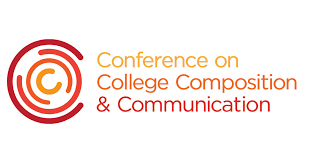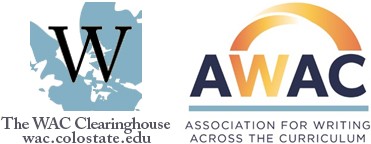Assigning Group Members
Resources for Teaching Writing
- Composing Effective Writing Assignments
- Scaffolding Writing to Support Student Learning
- Creating Assignments for Miami Plan Capstone Courses
- Teaching Literature Reviews
- Using Threshold Concepts to Design Assignments and Courses
- Teaching Grammar Rhetorically
- Structuring Purposeful Group & Team Work
- Mentoring Graduate Writers
Assigning Group Members
Assigning students to work in groups can be a tricky process. After all, you don’t want the collaboration process to become a disaster due to group conflicts with personalities or working styles. Fortunately, we have some tips to make this process easier.
Tip #1: Personal Work Style Questionnaire
We suggest having students complete a questionnaire (see example below) on their own personal work styles. In doing so, instructors can better predict how the students will collaborate with each other while also empowering students to have a voice in the process.
Tip #2: Group Together Complementary (Not Conflicting) Work Styles
Every student has his/her/their own process. If the student completes work early, that’s fine. Even if the student procrastinates, that’s fine too. It works for them. (And as long as they set up their own deadlines in the team charter, they can work the procrastination style into their working process.)
We first recommend separating the questionnaires into two piles*: 1) early-completers and 2) procrastinators. Then, we recommend separating these two piles into: 1a) holistic early-completers; 1b) detail-oriented early-completers; 2a) holistic procrastinators; 2b) detail-oriented procrastinators.
Studies indicate that pairing early-completers with procrastinators unproductively increases the anxiety of early-completers as well as causes them to feel as if they need to do more of the work (Wolfe, 2010). For this reason, we recommend pairing the holistic early-completers and the detail-oriented early-completers. Likewise, we recommend pairing the holistic procrastinators with the detail-oriented procrastinators.
Tip #3: Personal Preference
While personal preference is a consideration when assigning group members, we don’t recommend it being the foremost consideration. Studies suggest that personal relationships can hinder the collaboration process due to lack of willingness to engage in critique (Wolfe, 2010). When Friend A critiques Friend B’s ideas, writing, etc. during the collaboration, Friend B can feel as if it is a personal critique. On the other hand, classmates can use the collaboration process to engage with each other effectively and critically while also building personal relationships with their group members as a result of the process.
Example Teamwork Questionnaire
In order to help put you into effective pairs/groups, take some time today to fill out this questionnaire. That way, I can get a sense of how you work individually and can try to pair you with someone that works in a similar way.
- What is your preferred process for working on a project? For instance, do you prefer to work on things in bursts? Do you generally prefer to wait until right before the deadline? Do you prefer to chip away at a project bit by bit well ahead of time?
- Would you call yourself a detail person or a big picture person? That is, do you enjoy more brainstorming ideas or copy-editing the final product? (or maybe you enjoy both equally!)
- There are many roles people can take on in team projects such as leader, manager, researcher, compiler, editor, facilitator, etc. Do any of these roles appeal to you more than other?
- Do you prefer to be self-directed, or do you work better when tasks and deadlines are delegated to you?
- Is there anything you would like people to know about you as a team member before starting on a project with you? Relevant habits or preferences, for example?
- Is there anything you’re nervous about regarding team projects?
- List some days/times that you would be willing to meet outside of class with your team. (You’re not committing to anything just yet—it’s okay if this changes.)
- Is there a particular topic/issue you prefer to write about? Why that topic/issue?
- Is there anyone in class you’d prefer to work with? Why?
Howe Center for Writing Excellence
The mission of the HCWE is to ensure that Miami supports its students in developing as effective writers in college, and fully prepares all of its graduates to excel as clear, concise, and persuasive writers in their careers, communities, and personal lives.

